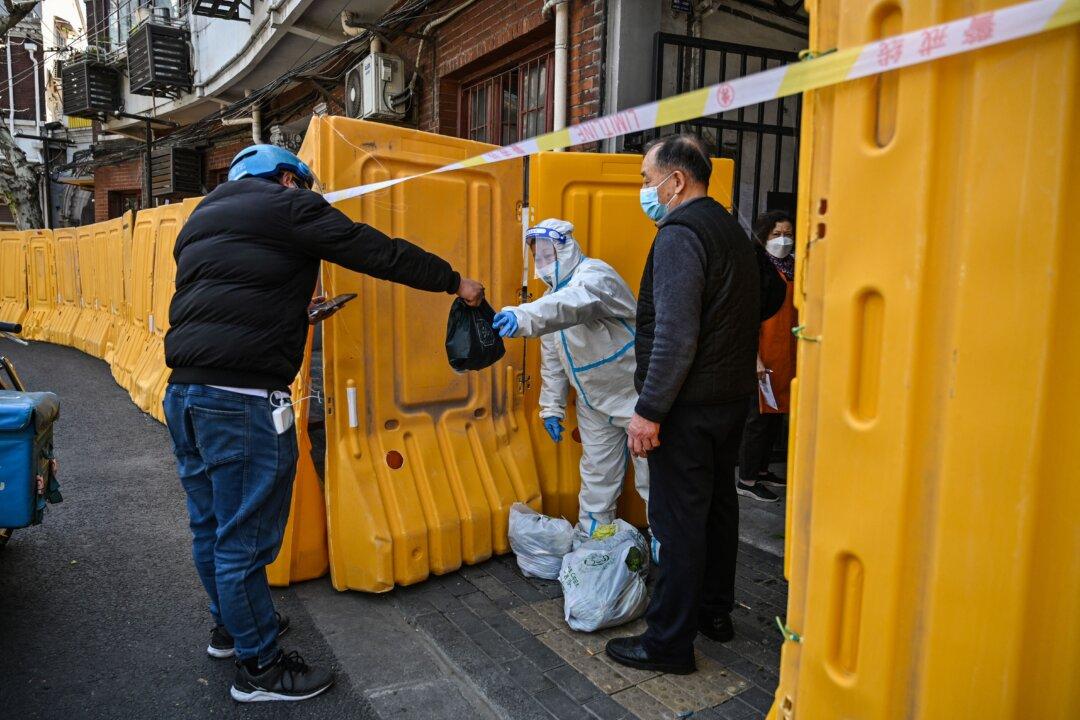Some of the harshest lockdown measures imposed anywhere in the course of the entire COVID-19 pandemic have led office workers in Shanghai to take the extraordinary step of sleeping in their offices in order to avert disruptions to their companies’ workflow. Some staff will be working in rotating shifts.
Personnel of brokers, exchanges, and asset managers in the financial district of Luziazui stocked their offices with sleeping bags and provisions for overnight stays in anticipation of one of two planned phases of a massive lockdown affecting the 26 million residents of Shanghai, Reuters reported on March 29.





